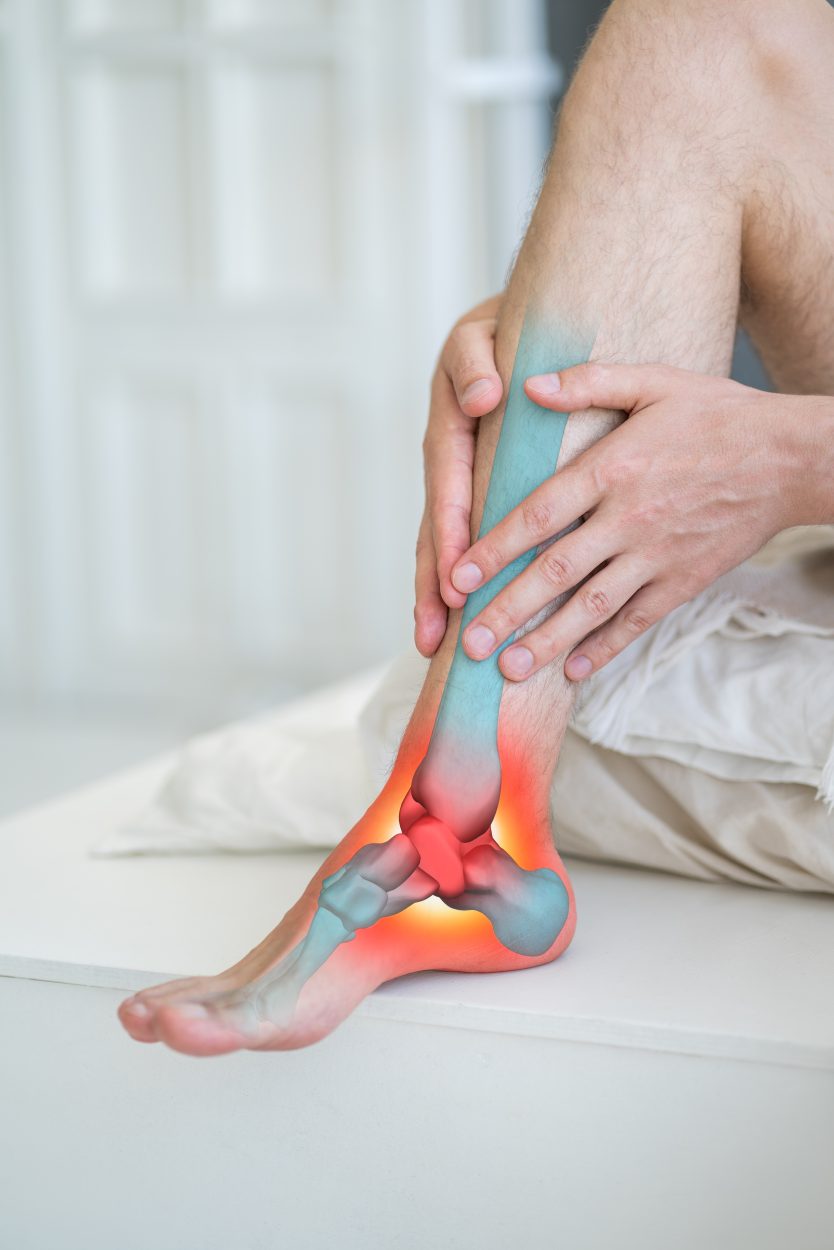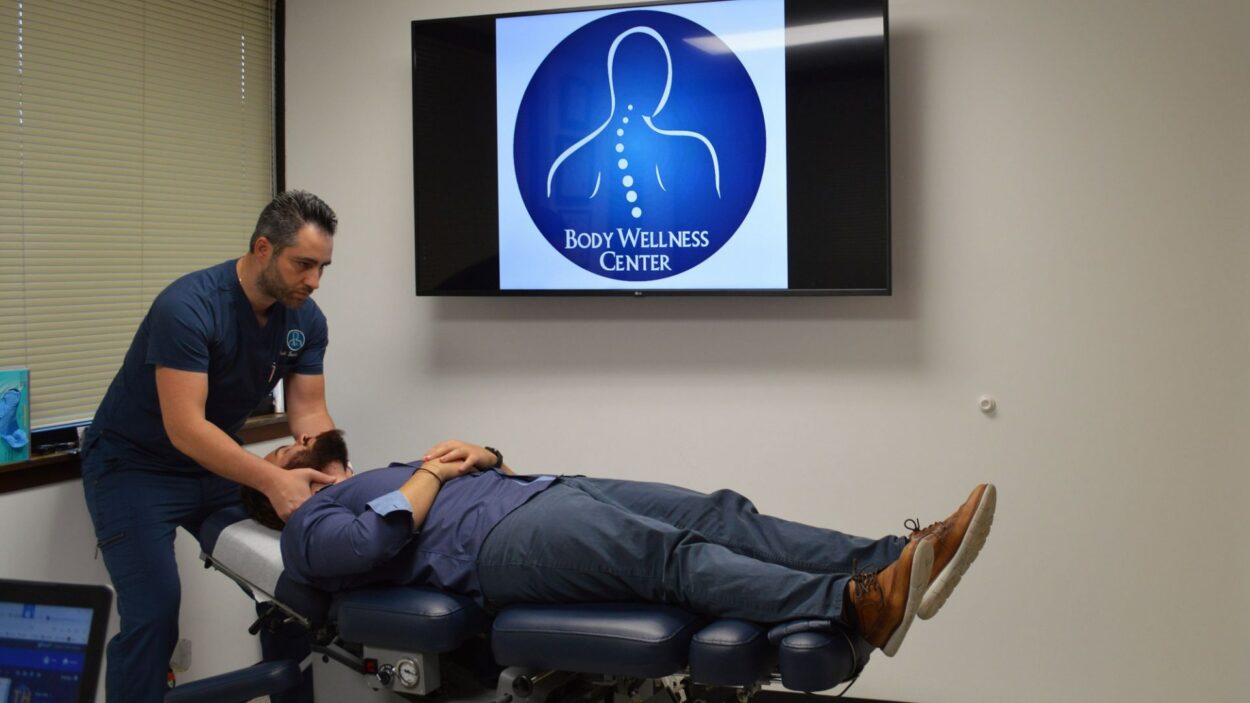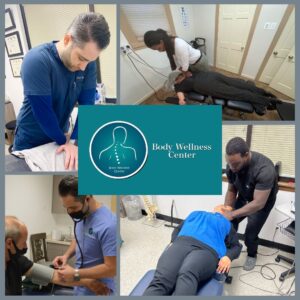Plantar Fasciitis Rehabilitation
Plantar Fasciitis Therapy Near Newark, New Jersey
Physical Therapy Exercises For Plantar Fasciitis Treatment
Plantar Fasciitis Treatment in Paterson, Kearny, and Clifton, New Jersey Offices
Reduce Chronic Foot Pain With Physical Therapy
Rehabilitation is Possible for People Diagnosed With Plantar Fasciitis
Plantar Fasciitis is One of The Most Common Athletic Foot Injuries
Try Physical Therapy Stretches For Plantar Fasciitis
Physical Therapy Can Reduce Pain From Plantar Fasciitis

Plantar Fasciitis Rehabilitation
Plantar fasciitis is characterized by:
Sharp pain in the bottom of the heel or foot while walking or standing on your toes. It can worsen as you walk, run, or stand with your toes pointed downward. Then it may go away entirely at rest. Pain typically peaks within 20 minutes of first trying to walk in the morning and then progressively improves throughout the day as your tissues warm up and stretch out. Severe cases could lead to chronic pain that continues indefinitely throughout the day without relief.
Diagnosis
Your podiatrist will examine your foot and confirm his suspicions by using an instrument called a “fine stone” which is a sharp instrument that allows them to see how much pressure is required to cause pain at the site of the injury. This also allows your podiatrist to position the stone in different places along the fasciitis band so that they can tell which location is giving you the most trouble.
Plantar Fasciitis Therapy Near Newark, New Jersey
Physical Therapy Exercises For Plantar Fasciitis Treatment
Plantar Fasciitis Treatment in Paterson, Kearny, and Clifton, New Jersey Offices
Rehabilitation is Possible for People Diagnosed With Plantar Fasciitis
Plantar Fasciitis is One of The Most Common Athletic Foot Injuries
Try Physical Therapy Stretches For Plantar Fasciitis
Physical Therapy Can Reduce Pain From Plantar Fasciitis
Reduce Chronic Foot Pain With Physical Therapy

Plantar Fasciitis Rehabilitation
Plantar fasciitis is characterized by:
Sharp pain in the bottom of the heel or foot while walking or standing on your toes. It can worsen as you walk, run, or stand with your toes pointed downward. Then it may go away entirely at rest. Pain typically peaks within 20 minutes of first trying to walk in the morning and then progressively improves throughout the day as your tissues warm up and stretch out. Severe cases could lead to chronic pain that continues indefinitely throughout the day without relief.
Diagnosis
Your podiatrist will examine your foot and confirm his suspicions by using an instrument called a “fine stone” which is a sharp instrument that allows them to see how much pressure is required to cause pain at the site of the injury. This also allows your podiatrist to position the stone in different places along the fasciitis band so that they can tell which location is giving you the most trouble.
Plantar Fasciitis Rehabilitation
Reducing inflammation
This phase is all about reducing inflammation in order to prevent further damage to your plantar fascia and surrounding tissues. Your doctor may have prescribed anti-inflammatory medications and over-the-counter pain relievers, which can be effective. Ice therapy may also help relieve some of the pain, swelling, and inflammation. The initial phase of physical therapy will focus on providing relief for pain and swelling, as well as restoring normal range of motion and flexibility to the tissues. Your therapist may apply cold packs and provide a simple exercise regimen involving stretches like those used in yoga. Ultrasound treatments may also be helpful at this point.
Strengthening the muscles surrounding the foot
During this phase, your physical therapist will introduce you to more traditional PT exercises like stretching, strengthening, and stabilizing exercises that will help strengthen your feet and improve your balance in order to avoid future injuries. These exercises will focus on your calves and quadriceps, which are the muscles that you use to push off against as you walk or run. Strengthening these muscles will improve your stability and control, as well as allow you to avoid pain-causing overstriding during your daily activities.
Icing the foot
The final phase involves icing your foot to reduce swelling and help stabilize it after the initial swelling has gone down. Your therapist will apply an ice pack directly to your heel for approximately 20 minutes several times a day for one week following Phase 1 of physical therapy. But it’s important not to rely on ice alone, especially when attempting plantar fasciitis treatment through physical therapy in NJ. A combination of ice, rest, and exercise is often the most effective treatment. After phase three is complete, your physical therapist will provide you with a special insole to help support your arch and distribute your body weight evenly across all the bones on the bottom of your foot.
Plantar fasciitis rehab is a proven and highly effective treatment through physical therapy and medical care. If you suffer from this injury or want to prevent it, put your faith in a proven plan of physical therapy treatment through your podiatrist. The initial pain is often severe, but the routine of treatment and physical therapy through your podiatrist will help you manage this condition. Make sure to visit a qualified and licensed physical therapy doctor who can treat you and offer the highest level of professional care available.
Plantar Fasciitis Rehabilitation
Reducing inflammation
This phase is all about reducing inflammation in order to prevent further damage to your plantar fascia and surrounding tissues. Your doctor may have prescribed anti-inflammatory medications and over-the-counter pain relievers, which can be effective. Ice therapy may also help relieve some of the pain, swelling, and inflammation. The initial phase of physical therapy will focus on providing relief for pain and swelling, as well as restoring normal range of motion and flexibility to the tissues. Your therapist may apply cold packs and provide a simple exercise regimen involving stretches like those used in yoga. Ultrasound treatments may also be helpful at this point.
Strengthening the muscles surrounding the foot
During this phase, your physical therapist will introduce you to more traditional PT exercises like stretching, strengthening, and stabilizing exercises that will help strengthen your feet and improve your balance in order to avoid future injuries. These exercises will focus on your calves and quadriceps, which are the muscles that you use to push off against as you walk or run. Strengthening these muscles will improve your stability and control, as well as allow you to avoid pain-causing overstriding during your daily activities.
Icing the foot
The final phase involves icing your foot to reduce swelling and help stabilize it after the initial swelling has gone down. Your therapist will apply an ice pack directly to your heel for approximately 20 minutes several times a day for one week following Phase 1 of physical therapy. But it’s important not to rely on ice alone, especially when attempting plantar fasciitis treatment through physical therapy in NJ. A combination of ice, rest, and exercise is often the most effective treatment. After phase three is complete, your physical therapist will provide you with a special insole to help support your arch and distribute your body weight evenly across all the bones on the bottom of your foot.
Plantar fasciitis rehab is a proven and highly effective treatment through physical therapy and medical care. If you suffer from this injury or want to prevent it, put your faith in a proven plan of physical therapy treatment through your podiatrist. The initial pain is often severe, but the routine of treatment and physical therapy through your podiatrist will help you manage this condition. Make sure to visit a qualified and licensed physical therapy doctor who can treat you and offer the highest level of professional care available.


 Body Wellness Center In New Jersey
Body Wellness Center In New Jersey
 Body Wellness Center In Clifton, Kearny, & Paterson, NJ
Body Wellness Center In Clifton, Kearny, & Paterson, NJ
